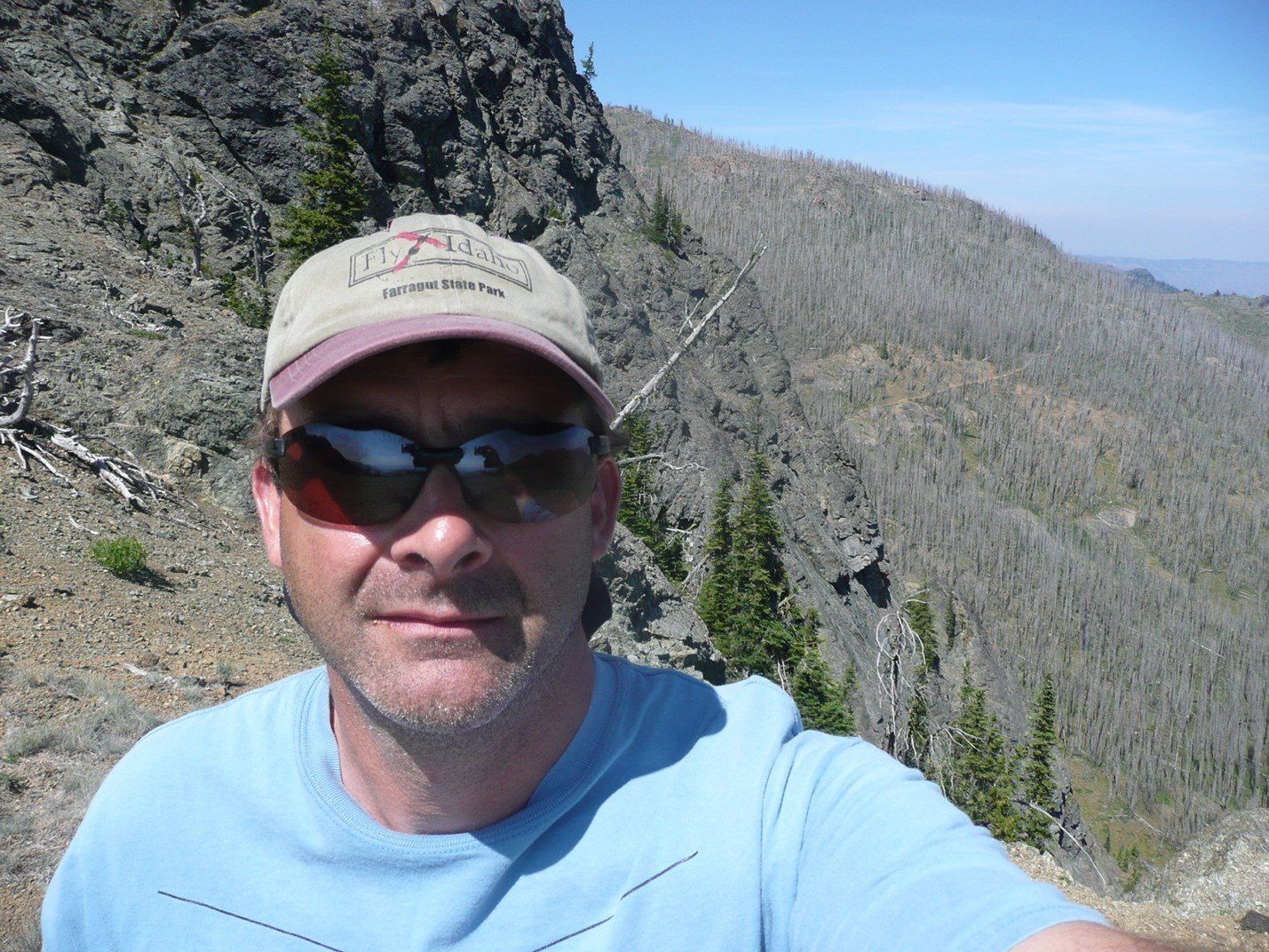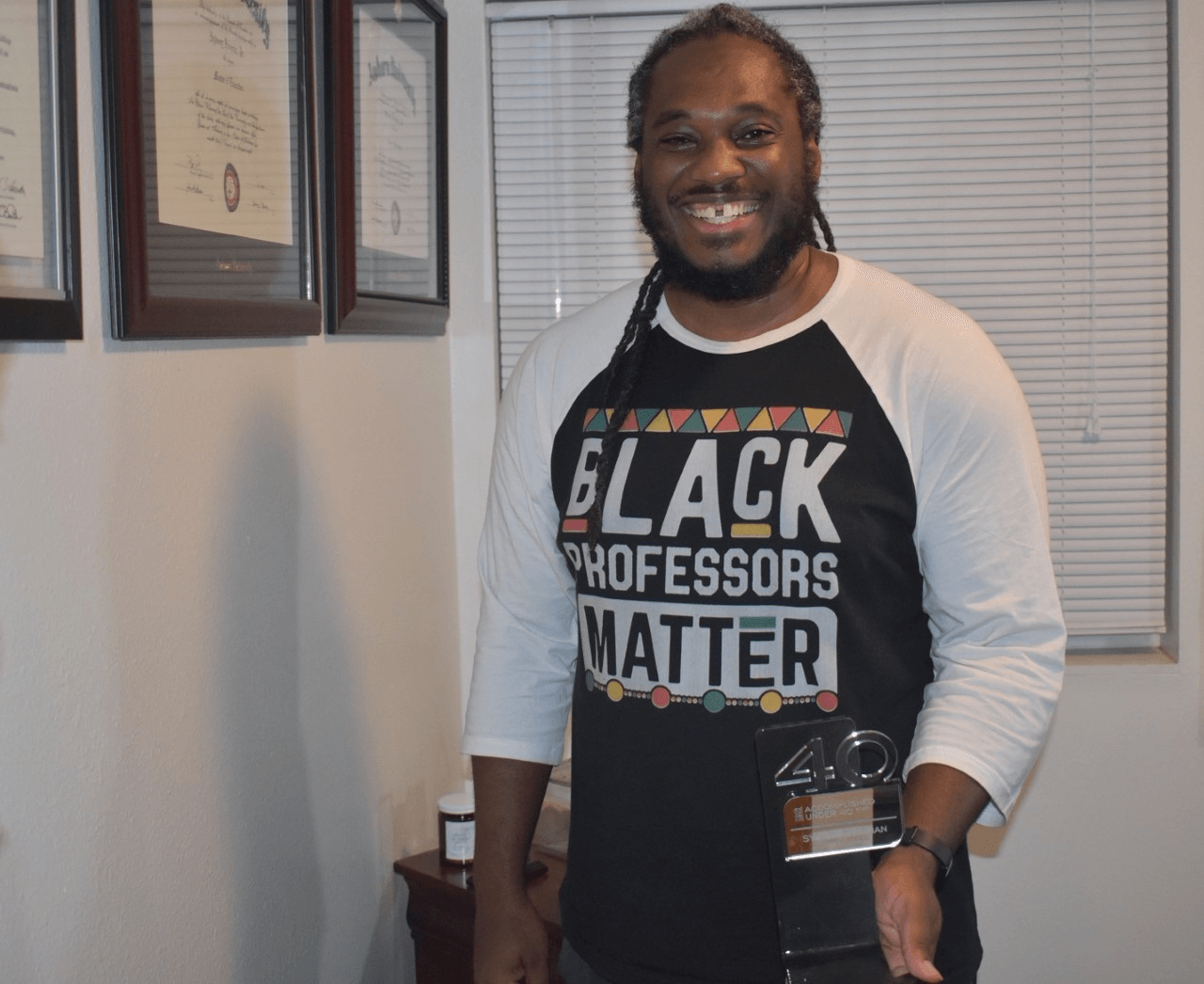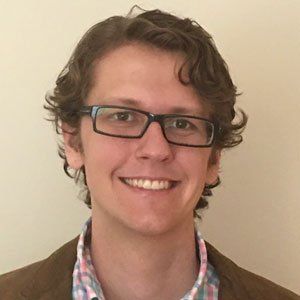These are tough ideas to figure out and even tougher when we apply them to life and places like universities which are embattled. But they are powerful ideas worth attempting to understand in that they lead to transformation.
Why picking up your socks isn’t enough….Or how negentropy could save the university
"Negentropy is the opposite of entropy or energy loss."

Two years ago, we began the journey to better understand “negentropy” and the metaphorical application of the scientific theory to social problems, in particular, addressing higher education challenges. Negentropy is the opposite of entropy or energy loss. In physics, negentropy is energy production. These are tough ideas to figure out and even tougher when we apply them to life and places like universities which are embattled. But they are powerful ideas worth attempting to understand in that they lead to transformation.
Let’s start our illustration of negentropy by using the houses we live in, our homes, as a metaphor for large organizations, such as universities. If we do nothing at all to our homes, energy will be consistently lost. In myriad ways every day, your home uses energy to maintain a steady temperature, deliver the internet, power your devices and appliances, cook food, deliver water, even a cozy fireplace uses energy. That energy simply dissipates, it’s used and doesn’t return. If we look at the house from a human use standpoint, if you do nothing to maintain your home, you’ll find things break down, gutters fall off, paint chips, toilets break. Even more daily, if you simply take off your socks and leave them all around your home, if you never do dishes, sort mail, pick up a duster or run a vacuum, the energy losses create a chaotic space that feels on the verge of disintegration. This home we’re describing is a space where things are lost, inefficiencies abound and it’s difficult to accomplish tasks that are beyond mere survival. The clearest example of this kind of chaos and disintegration would be those who suffer from hoarding tendencies and are unable to stop because of emotional and psychological issues.
...in its simplest form, we can think of negentropy as picking up our socks.
This is how we reverse energy losses.
Now, in its simplest form, we can think of negentropy as picking up our socks. This is how we reverse energy losses. The simple act of doing something that will reverse the losses of energy can be seen as a negentropic action. So that would include getting the furnace man in to repair the broken boiler, or re-hanging the gutters, even straightening pictures would be putting the world “right” again. However, upon further reflection, the analogy does not hold. Negentropic forces should be those that would powerfully infuse new energy into the system. However, a sock neatly folded in the drawer and crumpled in a heap in the corner hold the same relative energy. Upon further analysis, we realized that actions such as this expend energy only for maintenance, but not for renewal. Picking up our socks might maintain the system but doesn’t release new energies.
If we think about these ideas in higher education, where the focus is on human flourishing, learning, self-transcendence, we find the same problem as our homes. Energy leaves the system, contributing to degradation, disintegration, chaos. We expend a great deal of energy on legal compliance, accreditation, hiring, firing, certification and recertification, cybersecurity and the list goes on. So much energy is leaving the system, how do we act in ways that are negentropic? Many of the academics’ tasks are done to support and grow the system, but are they, like picking up your socks, merely maintenance? Does serving on a committee (search, promotion and tenure, take your pick) release new energy into the system, or does it merely maintain the current system, actually reifying the status quo? To transform higher education, we need to inject energy into the system not simply maintain the status quo.
In physics, negentropy is energy production.
While we have not yet escaped entropy of the system, it is the fatalist who says this means we cannot make meaningful change. We cannot yet escape the need to expend excess energy into laundry maintenance, but we can take action to develop more efficient systems. We might well radically reshape our current routines, devices, and patterns to maximize efficiency. In much the same way a hobbyist builder would pursue building the better mousetrap. In short, we must ask not whether there is some way to perfectly preserve our home in amber, but whether changes can be made to improve its functionality. The first step in that action is to evaluate the efficiency of the system. We must be able to observe our system with a clear head and ask whether an institution remains in place because it adds to the system or if it has become a relic of inefficiency; something that draws more from the system than it gives back. When efficiency has been addressed, the resulting increase in energy will allow us to build further.
What does that mean, what does it look like to, “Think Big”? It means that in our houses, we consider taking that ranch house and adding a second story, or an in-law suite, or a pool. The place becomes completely different--transformed. It’s a transcendence from what it was before and no maintenance is going to do what negentropic transcendence can. The release of truly new system-wide energies will do more than fight off the loss of energy. It will transform what was into something truly new. There are many examples of transcendence and transformation in university life, and with COVID-19 and the twin pandemic of racism demonstrations across our institutions, the call for negentropic action is stronger than ever. With declining state and public support, widespread cynicism, dysfunction across many existing systems, ongoing increases in accountability in response to cynicism and many more entropic forces, the university is starting to feel chaotic, confused, like a hoarders’ home. We need to do some work, and it’s going to be more than picking up our socks.
As we have thought about the application of negentropy to university life, we have determined that we want to go beyond maintaining. Serving on all the same committees, creating new committees that focus more on compliance than innovation, maintaining the status quo is simply insufficient in the face of what universities must become. That said, efficient maintenance frees our minds to be able to imagine more transformational projects, bigger projects, that could change the face of universities. In our house example, we believe that if we have efficient systems to take care of our socks, and gutters, and front porches, we can free our minds to think about renovating the basement or adding a back deck or even what color to paint the bathroom. We can’t even contemplate such projects if we are buried in old newspapers and magazines. The challenges of going beyond merely picking up our socks are exacerbated by budget challenges, increased due to Covid19. Whether it be time or money or other resources, using those resources entropies the system and then other things are not being addressed.
To transform higher education, we need to inject energy into the system
not simply maintain the status quo.
Similarly, in the case of higher education, if we establish highly efficient processes for hiring, firing, internet security, online learning, promotions, communications, recruitment, and so forth, systems that do not use much of our energy, we could free our minds to dream of significant transformation. It’s hard to know what that dreaming might create. From the saved energy of efficient systems and the motivation of crises we can generate new energy. From this opposite force that moves against the systematic disassemblage of the finest system of higher education the world has ever known, we can create new systems that release energy instead of gobbling it up. We need to push the concerns of those in HR and Legal and IT to the back. Those need to become routinized, automatic and highly efficient. Right now, those systems have somehow come to consume all the oxygen and energy in the organization. Those systems have somehow come to be “in charge.” While the systems of curriculum, scholarship, teaching, community outreach, invention, creation, design, engagement—these have all taken a back seat. But these activities are what these institutions are about, and we have allowed them to become secondary. We need to bring to the foreground the dreams of faculty, staff, students, scholars, academics, designers, artists. Those who make the place fantastic deserve the opportunity to enact negentropic dreams. The only way through the inefficient, dominant systems is to routinize those systems until they are background. That way we pick up our socks and still have energy for dreaming.















